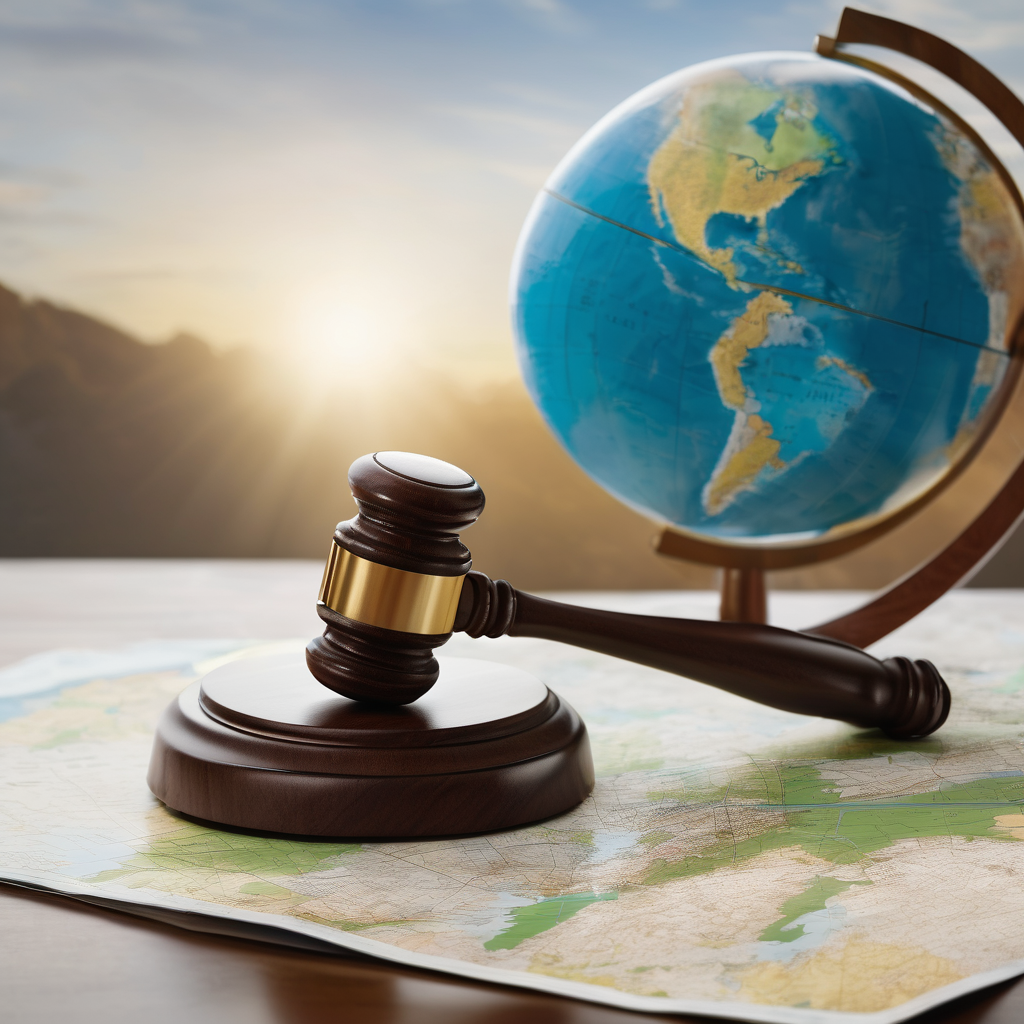A panel of experts recently convened at the University of the South Pacific (USP) to discuss the implications of the International Court of Justice’s (ICJ) advisory opinion on climate justice, particularly as it relates to the upcoming Conference of the Parties (COP) meeting in Brazil. The discussions highlighted the legal responsibilities of governments to phase out fossil fuels and collaborate effectively on climate action, crucial steps for addressing the urgent challenges posed by climate change, especially in the Pacific region.
Panelists addressed the ICJ’s recent climate ruling, noting its significant implications for human rights, climate justice, and displacement. The court’s advisory opinion deemed fossil fuels as the leading cause of climate change, compelling governments to take action against climate-related displacement and calling for adherence to the principle of non-refoulement to safeguard affected populations.
Agnes Callamard, Secretary General of Amnesty International, emphasized the importance of understanding the historical context that shapes current legal obligations in response to climate change. She stated, “It matters that we have an advisory opinion that somehow highlights the weight of history and historical justice in the definition of current and future legal obligations.” Callamard remarked that the ICJ has made it feasible to attribute specific climate change contributions to individual states by factoring in historical, current, and cumulative emissions, despite attempts by major polluters to downplay these responsibilities.
Rufino Varea, Director of the Pacific Islands Climate Action Network (PICAN), reflected on the campaign’s recent successes and commended the Pacific region’s unity and leadership in climate advocacy. He discussed the potential ramifications of the ICJ’s conclusions for ongoing activism and the necessity of treating climate finance not as optional aid, but as legal obligations of developed nations with respect to those facing adverse climate impacts.
Furthermore, Vishal Prasad, Director of the Pacific Islands Students Fighting Climate Change, expressed concerns over the inadequate flow of climate funding to affected communities and warned against potential corrupt practices that could hinder progress. However, he believes the ICJ’s advisory opinion fortifies the Pacific’s voice in global discussions, enhancing their capacity to advocate for climate justice.
Observations from previous similar discussions underscore the hope and urgency enveloping this dialogue. The ICJ’s opinion is seen as a historic turning point in the quest for accountability from developed nations, providing a legal framework for addressing climate justice and reinforcing the moral imperative to protect the rights of vulnerable populations. The advisory ruling not only sets a precedent for future climate litigation but also energizes the broader calls for international cooperation and understanding regarding climate impacts.
As preparations for the COP meeting unfold, there is a strengthened resolve among Pacific leaders and advocates to leverage this pivotal moment for impactful climate action. The collective sentiment echoes hope that bolstered legal frameworks and international solidarity can foster a more just and sustainable future for all those affected by climate change.
